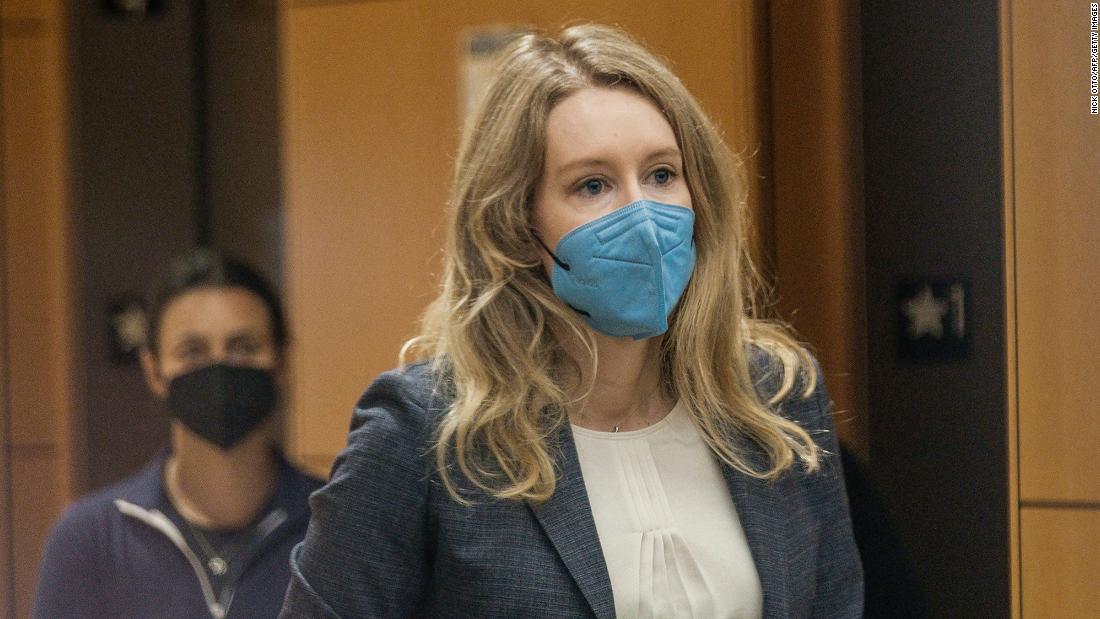At the age of 32, Holmes was dubbed the
"youngest self-made woman billionaire" by Forbes. Her revolutionary biotech startup, Theranos, had a market valuation of over $9 billion, and was by all accounts the elusive Silicon Valley unicorn: a company promising to democratize the health care system through proprietary blood diagnostic technology. Holmes boasted the ability to do an array of blood tests from a single finger pinprick with just a few drops of blood, and claimed she could do it better, quicker, and cheaper than traditional blood testing. Except she couldn't.
By the time The Wall Street Journal published a
scathing investigation into the company's practices and Holmes' integrity in 2015, it was too late. Theranos was already sending blood tests to third-party vendors using traditional blood diagnostic analysis because its own technology was not up to snuff. In 2017, Theranos
settled a civil lawsuit with Walgreens for an undisclosed amount and
reached a deal with investors in exchange for them releasing potential legal claims against the company. By 2018, I
wrote that I wouldn't be surprised if the United States Attorney's Office for the Northern District of California had an open criminal investigation against Holmes. Turns out it did.
Holmes is now facing
12 fraud charges and is accused of engaging in a criminal conspiracy with former Theranos chief operating officer and president Ramesh "Sunny" Balwani. Holmes and Balwani allegedly lied about the capabilities of Theranos' proprietary technology, the extent of commercial and business relationships, its access to the Department of Defense, and the financial state of the company. Both have pleaded not guilty and are being tried separately.
Over the course of pretrial litigation, glimpses of a potentially explosive defense began to take shape. Holmes' team noted in court filings that they may utilize an
expert in clinical psychology whose work focuses on trauma and victimization as well as Post-Traumatic Stress Disorder.
Moreover, they alleged that Balwani was more than just Theranos' COO and Holmes' co-defendant. Holmes and Balwani, Holmes' lawyers alleged, had been romantically engaged for over a decade in what the lawyers described as
"an abusive-partner relationship," in which Balwani exerted psychological and emotional control over Holmes. Balwani has
"adamantly denied" the claims.
Importantly, Holmes' lawyers stated that intimate partner abuse affects its victims' "agency" and "state of mind" -- which are critical elements of any criminal case because the government's burden is to prove not only that Holmes made materially false statements to investors, but that she knew the representations were false, and that she had the intent to deceive. In layperson's terms, the defense appears to be setting up an argument that the effects of Holmes' allegedly abusive relationship with Balwani actually bore directly on what she believed and why. In other words, in this argument, "Holmes is not guilty."
Court filings also note that the defense team intends to try to dispel common misconceptions about abusive relationships for the jury: they will argue that Elizabeth Holmes could be a highly successful businesswoman while also suffering internally from her allegedly abusive relationship.
The prosecution will have to
walk a fine line if indeed this is Holmes' defense between perhaps acknowledging that Holmes experienced the abuse she is alleging at the hands of Balwani or risk being perceived as "victim-blaming" or "victim shaming," while simultaneously arguing that the relationship nonetheless did not affect her ability to perceive the obvious falsehoods they say she was making about the company to investors, doctors and patients.
Will jurors find Holmes' self-declared
"mental disease or defect" defense credible? Or will they feel that Holmes is taking advantage of a cultural moment and using it to her advantage? The answer will likely depend on the specific evidence the defense presents, much of which still remains unknown. I've
asked in previous
columns whether or not the #MeToo movement would infiltrate our criminal justice system in meaningful ways. That Holmes' team is even attempting this defense shows that it undeniably has.

No comments:
Post a Comment